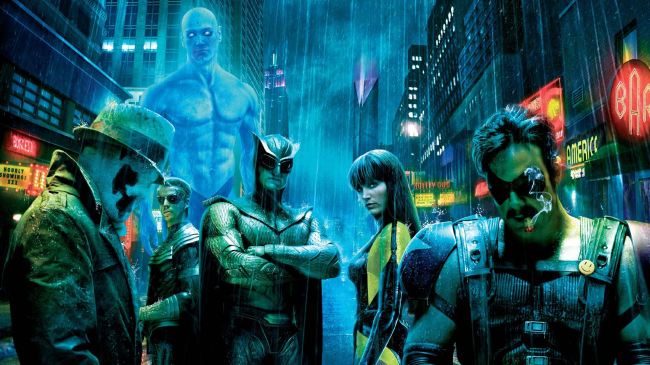
If the mainstream filmgoer cared more about independent film, it would feel a more just cinematic world – but lo, it will never be so. But even the supposed connoisseur would have to admit that a film that is both good and popular is at least just as miraculous as a low-budget indie treasure. Many films that flop deserve to, but with so many dollars at stake, the fickle nature typical audiences’ tastes can deter the kind of films that should in fact be reaching far and through the masses.
So while I wish every great small film could turn its profit over like Jordan Peele did with Get Out, here are films designed to please many that only pleased a few, and have set a sad precedent for the nonexistence of similar efforts.
10. Rango
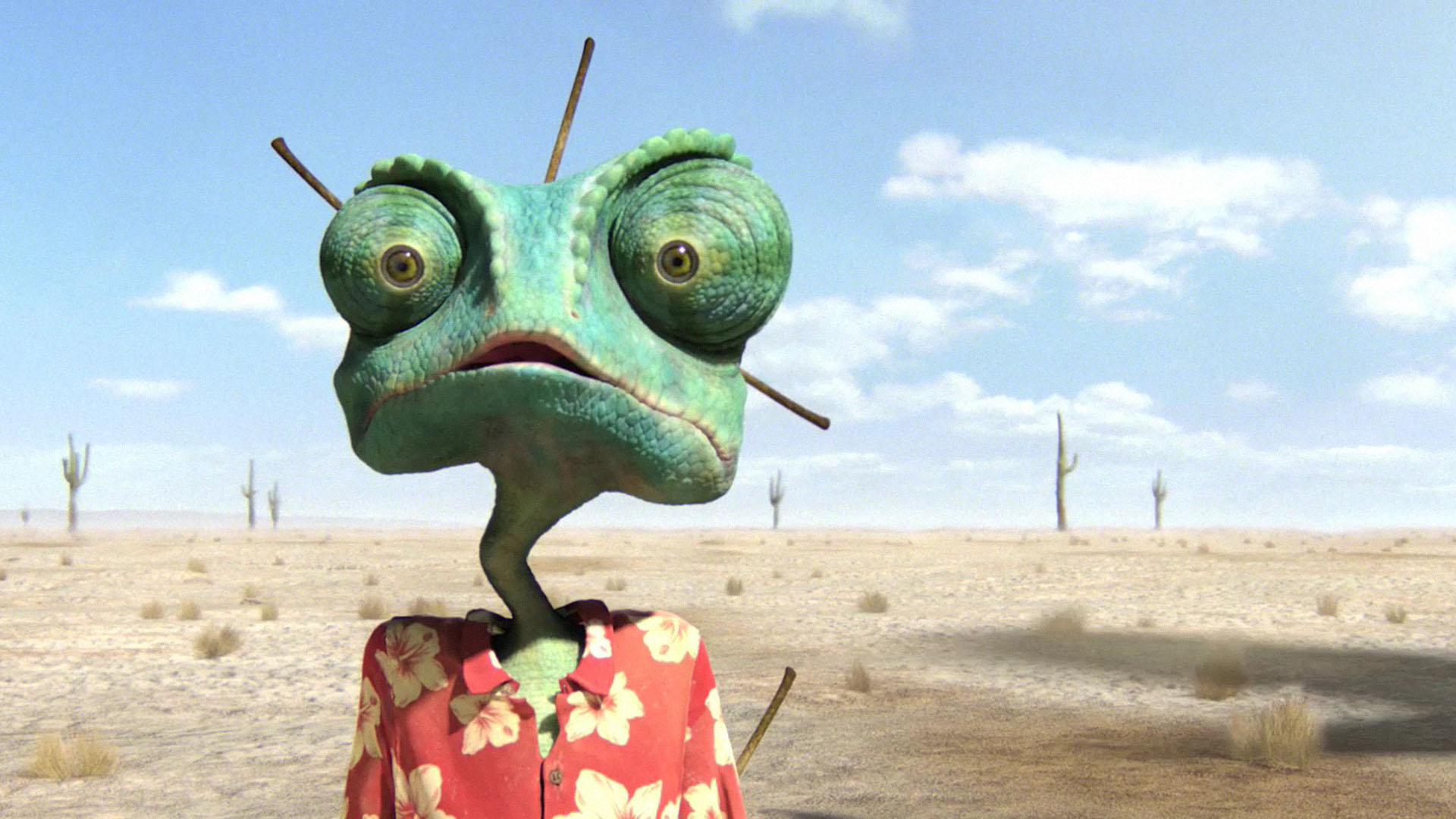
Budget: $135,000,000
Domestic Gross: $123,477,607
Worldwide Total: $245,724,603
Easily one of the weirdest animated films of the current century, Rango stands with some of Pixar’s best of recent years in terms of originality and ragged self-assurance. It parodies the western genre, doesn’t make its scruffy animal side characters look cute at all and is furthermore a skillful conception by a man who spent 5 years making an overly convoluted and cartoonish film trilogy out of a theme park ride.
Johnny Depp as a lost t-shirted pet lizard amidst the unforgiving desert and Wild West sounds like a bit of a stretch, and the Nickelodeon-backed endeavor was showered with enormous effort to underwhelming returns.
While Disney can make any 3D animated adventure or musical they please, and the laziness of Illumination Entertainment’s output seems to be consistently popular, risks as big as this one shouldn’t be so enjoyable, but when they are it deserves to be noticed. Rango is special for Hans Zimmer’s score alone, which is a remarkable addition to the film.
A studio like Laika may put in incredible work with no real proceeds for the sake of art, but for as strange as Rango is, its talking animal dynamic was right up the alley of the average parent-child consumer duo that sees what kids films live and die. This audience is not terribly discerning, and it’s worth lamenting a year in which something as unexpected and interesting as Rango was outgrossed by the likes of Cars 2.
9. Lemony Snicket’s A Series of Unfortunate Events
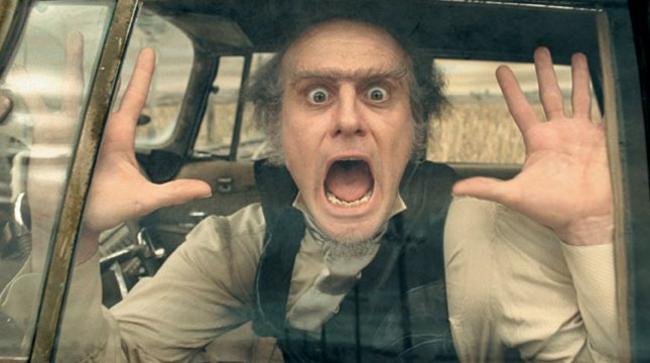
Budget: $140,000,000
Domestic Gross: $118,634,549
Worldwide Total: $209,073,645
In the wake of Harry Potter’s unwieldy success, the 00’s saw a slew of modern young adult fiction attempting sequel-building teen fantasy adoration. Up until The Hunger Games in 2012, virtually none had succeeded. But the worst blow for a series of its kind never to be was Lemony Snicket’s A Series of Unfortunate Events.
Nickelodeon and Paramount backed the film at a lofty 140 million, and the resulting world of Daniel Handler’s twisted meta-gothic children’s fables is visually sumptuous, possessing Emmanuel Lubezki’s immaculate, 3-time Oscar winning touch in cinematography. Flawed as this film may be, Netflix’s iffy adaptation has revealed just how right Brad Silberling got it in 2004.
Beyond the exquisite production detail, the casting was damn near perfect as opposed to the hit or miss performances of the Neil Patrick Harris-led show. Carrey, unhinged as he may have been, is actually hilarious, eating up scenery like he’s been starved for days and doing the malicious character justice.
A comic actor playing an evil, terrible actor may have turned off people, but he balances the goofiness and menace fairly well. Liam Aiken and Emily Browning are also finely cast as our protagonists Klaus and Violet, while Bill Connelly, Timothy Spall and Meryl Streep all make great supporting turns. And Jude Law’s narration as Lemony Snicket was an impeccable choice.
Adapting The Bad Beginning, The Reptile Room and The Wide Window into a single film simplified a few details, but the quirk and postmodern world-building rubs off neatly. This film set the stage for another 10 books that will never see the light of day in theaters, but it was wise enough to wrap itself up nicely by the credits and dares to get rather emotional just before then.
The lack of competition that faced A Series of Unfortunate Events in December of 2004 just shows that even when the time was ripe to profit from the fan base – all but two titles of the 13-part series were published – the turnout was not enough to validate further films. As Netflix’s original content plays out the show may improve as the best books in the series are finally adapted.
8. Peter Pan
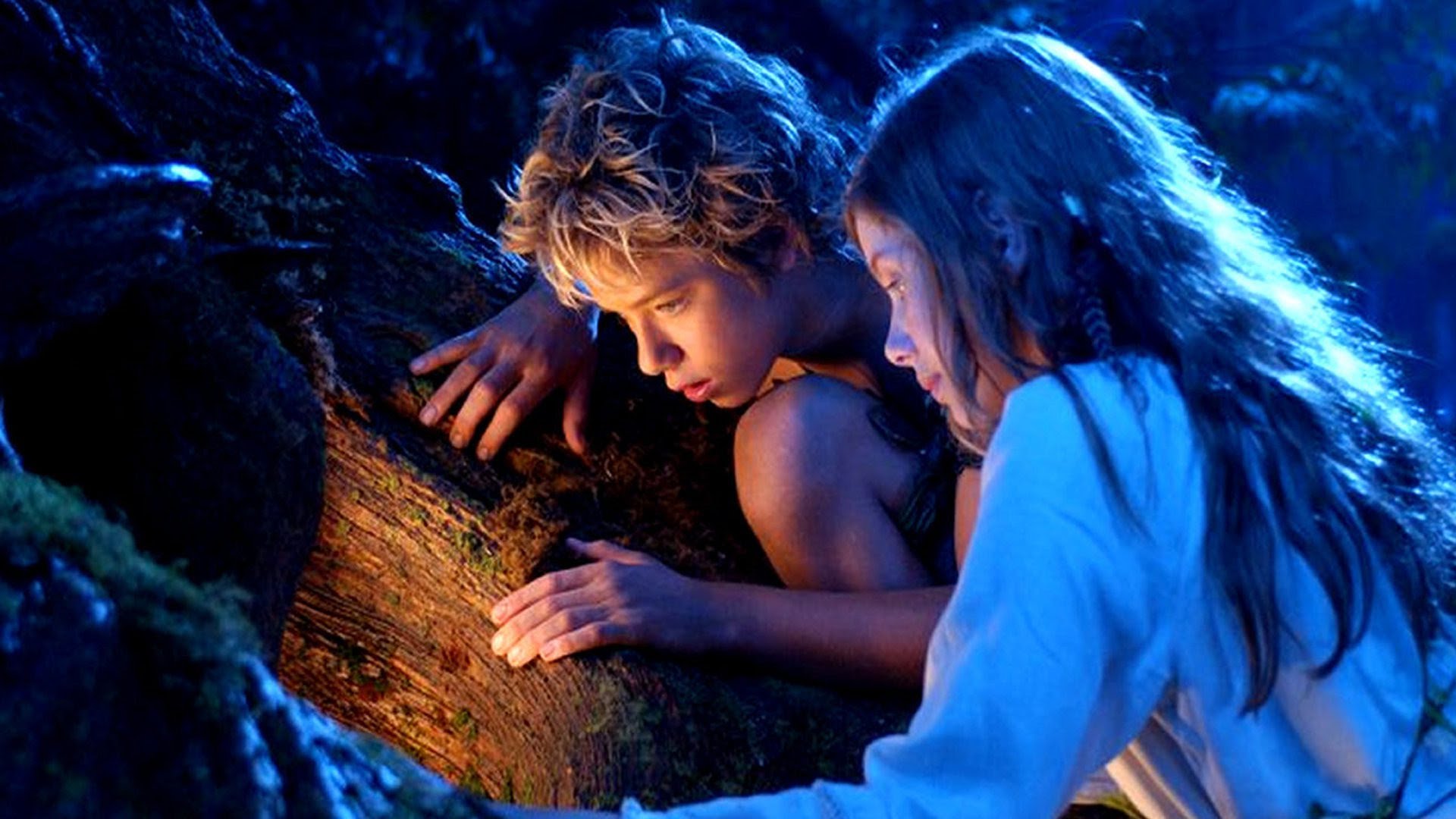
Budget: $100,000,000
Domestic Gross: $48,462,608
Worldwide Total: $121,975,011
Peter Pan seemed destined for a kind of classic family film regiment, but was utterly swallowed up by the second weekend of The Lord of the Rings: The Return of the King on its Christmas 2003 weekend debut. To this day though it stands as the definitive version of J. M. Barrie’s timeless children’s fantasy – it makes the milquetoast flavor Disney’s 50’s version that is stamped in several generations minds look absurdly unrealized.
Jason Isaacs proper duel role as both Hook and the children’s father George Darling is an underappreciated turn by an underappreciated actor. Olivia Williams is pretty incredible as Mary Darling. And the roles of Peter and Wendy, respectably played by Jeremy Sumpter and Rachel Hurd-Wood, are played with the correct respect to budding adolescence and performed with conviction, charm and grace by young actors all but disregarded after this more than profitless affair.
The lovely tone, convincing practical and visual effects and maturity towards its themes and dialogue makes the tale all but timeless in its own right, though its been unheeded by many. But while parents took their kids to see Cheaper by the Dozen, which was released the same day, they ought to have been taking them to something worth its hefty budget and its iconic name.
Largely this earnest adaptation succeeds in discussing topics of blossoming sexuality and the complexities of Peter and Wendy’s romance that Disney’s swill, and adaptations that like to cast women as Peter, ignore. Furthermore it feels handcrafted, sincerely emotional and should have made a bigger imprint on the collective fantasy milieu that was at its pinnacle of popularity at the moment.
7. The Chronicles of Narnia: Prince Caspian
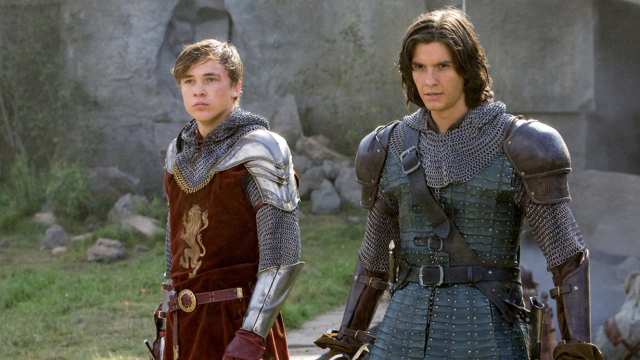
Budget: $225,000,000
Domestic Gross: $141,621,490
Worldwide Total: $419,665,568
This was the beginning of the end for Narnia as the big screen has known it. Disney’s first round in adapting C.S. Lewis famous series paid off because they were dealing with the most popular book in the seven part fantasy saga, and it even domestically outgrossed Harry Potter and the Goblet of Fire’s impressive resurgence for the wizarding series back in winter of 2005.
They intended for another winter release two years later, but the massively budgeted film was delayed and then slated for May 2008. That increase from 140 million to 225 was just what they did for Pirates of the Caribbean, but while Dead Man’s Chest became the third film ever to gross one billion dollars, Prince Caspian sputtered out with about half of The Lion, The Witch and the Wardobe’s earnings.
More or less destroyed by its mid-May slot between Iron Man and the fourth Indiana Jones, the film opened decently and faded before earning even $150 million domestically. But Prince Caspian was superior to The Lion the Witch and Wardrobe in nearly every way.
Less innocent, more exciting and more grandiose in its production, it proved that while the heights of cinematic fantasy – i.e. The Lord of the Rings – may never again be reached, we could enjoy something with equal capacity for wonder and world-building, if not quite such abyss-like mythic depth. Sure, Harry Potter’s decade-long stay in the public’s obsession was for the most part enjoyable, but Narnia’s proper run of adaptations has tragically never been fulfilled.
Disney let it go after Caspian, and 20th Century Fox gave The Voyage of Dawn Treader their best effort to middling results financially and critically. The Mark Gordon Company seeks to revamp the franchise with The Silver Chair, with Joe Johnston recently signed on the direct. But with close to a decade since the last entry, who knows if this will mean a comeback or another flounder.
6. Cinderella Man
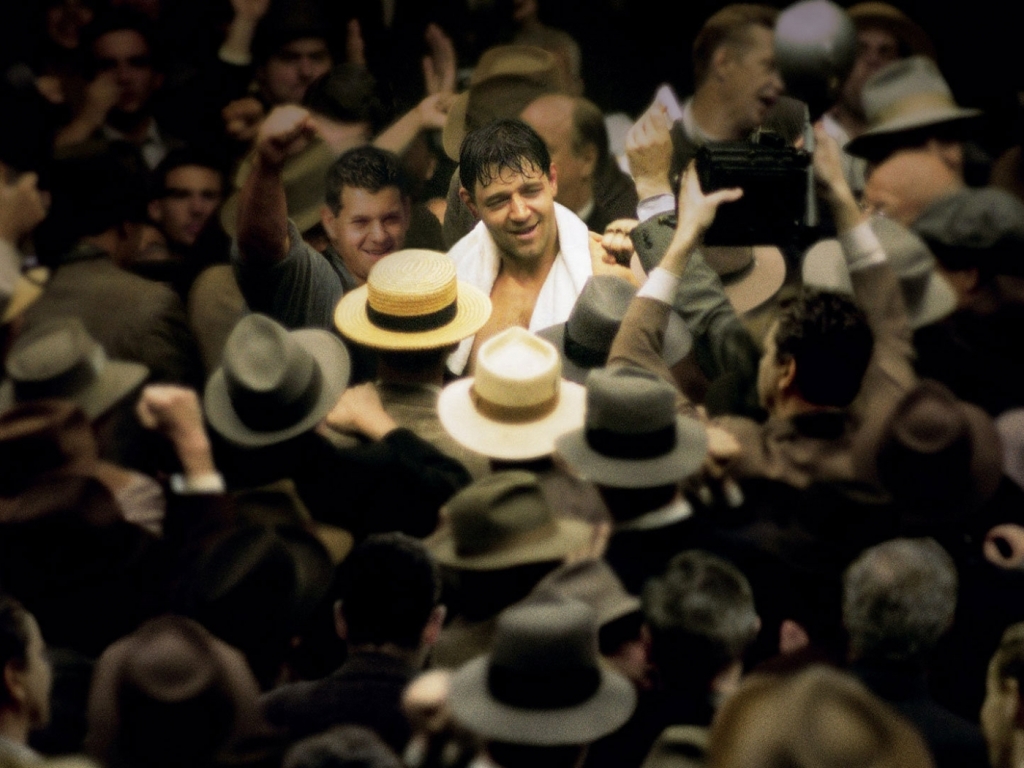
Budget: $88,000,000
Domestic Gross: $61,649,911
Worldwide Total: $108,539,911
Sports films haven’t been in their heyday in the 21st century. Disney churned them out one by one about a decade ago, but only left-field successes like Creed have been really worth celebrating, the obvious prestige of Eastwood’s Million Dollar Baby notwithstanding. Cinderella Man is one of two excellent sports films by Ron Howard along with the similarly ignored Rush.
Howard (recent Stars Wars directorial recruit) has always teetered between his Oscar bids and mainstream schlock, but the happy middle that met in the crossover appeal of Cinderella Man never connected with the American public the way it was destined to. An easy sell of an underdog premise, all-around decent filmmaking craft, praiseworthy performances by the likes of Paul Giamatti and company all suggested some level of box office glory.
By its nature Cinderella Man feels like a definitive crowd pleaser, from its historical drama surrounding the aftermath of the Stock Market Crash to the predictability of its ultimate boxing-centric outcome. Closer to the heights of Apollo 13 and Frost/Nixon than, say, that Dan Brown trilogy, Cinderella Man unfortunately made money more equivalent to Oscar-aimed indies and came up short in that regard with only 3 nominations.
Overlooked though it may be, Cinderella Man certainly stands as one of the best sports films of our era. It continued a fine run of Russell-Crowe led dramas, didn’t stoop to sentimentality as vapidly as many of its genre do, and the tale of James J. Braddock is a good story – in terms of biographical sports dramas, it’s one actually worth telling.